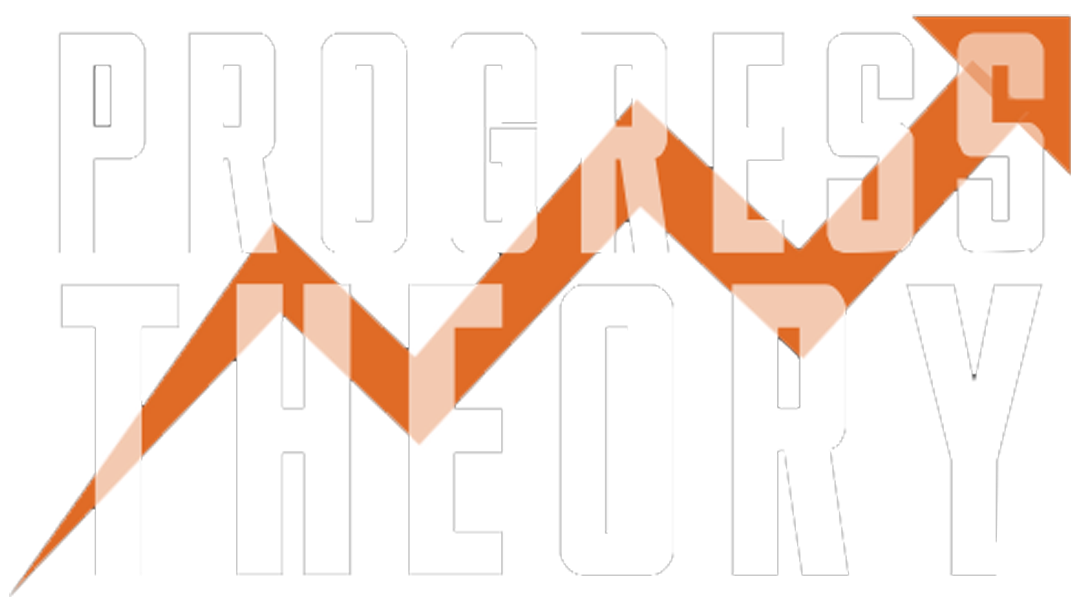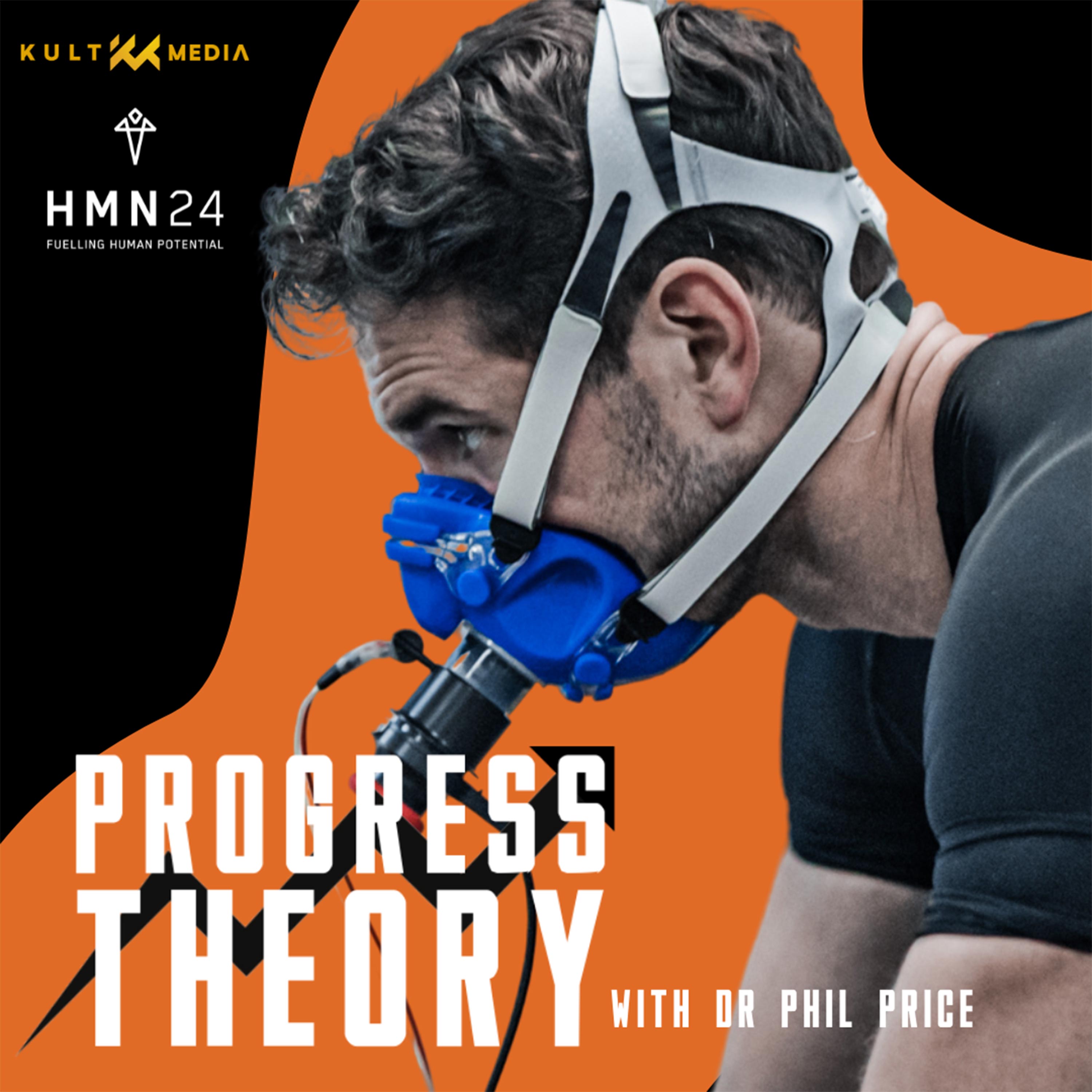Unlock Peak Performance with Plyometrics with Matt McInnes-Watson
Hello and welcome to the Progress Theory where we discuss scientific principles for optimising human performance. In this episode, we're joined by plyometric expert Matt McInnis-Watson. Now I don't know if you've noticed, but you quite often hear of a new world record being broken in a number of different sports, say, weightlifting or quite often in running. I'm always hearing of a new world record in, say, 5k, 10k, etcetera, etcetera. But you rarely hear of a world record being broken in a jump event such as the long jump or triple jump or high jump. I mean, Jonathan Edwards' world record in the triple jump has been going since 1995.
So what needs to happen in jump training and the culture within jump training to see an improvement in jump sports? That's why I contacted Matt. And if you have any interest in improving jump performance, this episode is for you.
In this episode, we discuss:
- 1:02 - Introduction
- 3:35 - The importance of Plyometrics in today’s society and longevity
- 8:35 - Issues with plyometric research
- 13:44 - People get the plyometric definition wrong - still
- 16:12 - different types of plyometrics
- 20:27 - Why are jump world records rare?
- 25:57 - Strength specificity
- 30:25 - What needs to change?
- 35:10 - Which jump sports will see the biggest changes over the next few years?
- 39:08 - Power athlete vs speed athlete
- 44:13 - The importance of supramaximal
- 50:37 - Plyometric recommendations
Takeaways
🔹 Plyometrics for Health Longevity: Plyometrics aren't just for athletes. They play a crucial role in maintaining reactive strength, which is vital for reducing injury risks, especially as we age. Matt highlighted how integrating plyometrics can aid in preserving dynamic capacity, thus enhancing long-term health.
🔹 The Science and Research of Plyometrics: It was fascinating to hear about Matt's critique of current plyometric research. He underscored the need for clearer definitions and proper visual documentation in studies to better understand plyometric movements and their implications for training.
🔹 Training for Future Success: A pivotal point was the shifting focus towards speed training in events like high jump and triple jump. By restructuring training to incorporate more dynamic and reflexive elements rather than solely focusing on strength, we can push the boundaries of human performance in these fields.
FOLLOW OUR PODCAST
Follow our Host / Guest
- @theprogresstheory
- @drphilprice
- Plus Plyos: Change the way you move
- Matt McInnes Watson | The Plyo Guy (@mcinneswatson) - Instagram
For all our other episodes and to get in touch, please visit www.theprogresstheory.com.
Thanks for listening!
This podcast is hosted by Captivate, try it yourself for free.
KULT Media 2023
Mentioned in this episode:
Podcast Produced By KULT Media
Before we wrap up, I want to give a shout-out and my thanks to my production partner, Kult Media. If you are thinking of launching a podcast or want to grow your audience, head to www.kult.media to get started today.
The Science of Hybrid Training
It was originally thought that you could not effectively train for both strength and endurance at the same time because they required different adaptations which were not compatible with each other. It was claimed that ‘an interference effect’, blunted the adaptations for strength if you simultaneously trained for endurance. However, recent developments in sports which require both strength and endurance have really challenged this idea, with hybrid athletes producing impressive performances in both strength and endurance sports together. This had led scientists, coaches, and athletes to rethink what is humanly possible and suggests the interference effect is not as influential as originally thought. But what is a hybrid athlete? What is the ‘interference effect’? And how can we maximize our training to improve at the same time our strength and endurance performance? In this book, Dr Phil Price provides insight into the misconceptions surrounding strength and endurance training by distilling the past 50 years of research and drawing on the conversations he had with great scientists, coaches, and athletes on The Progress Theory podcast. This book is essential reading for hybrid athletes and coaches who are looking to understand the key training variables and their effect on the simultaneous development of strength and endurance performance.
Progress Theory Newsletter
The Progress Theory newsletter. If you want the latest information and recommendations on how to optimise your physical and mental performance, then subscribe to the free Progress Theory newsletter on Substack today. Click the link in the show notes and subscribe to get the best information on human performance sent straight to your email. https://theprogresstheory.substack.com/ Sign up today.

